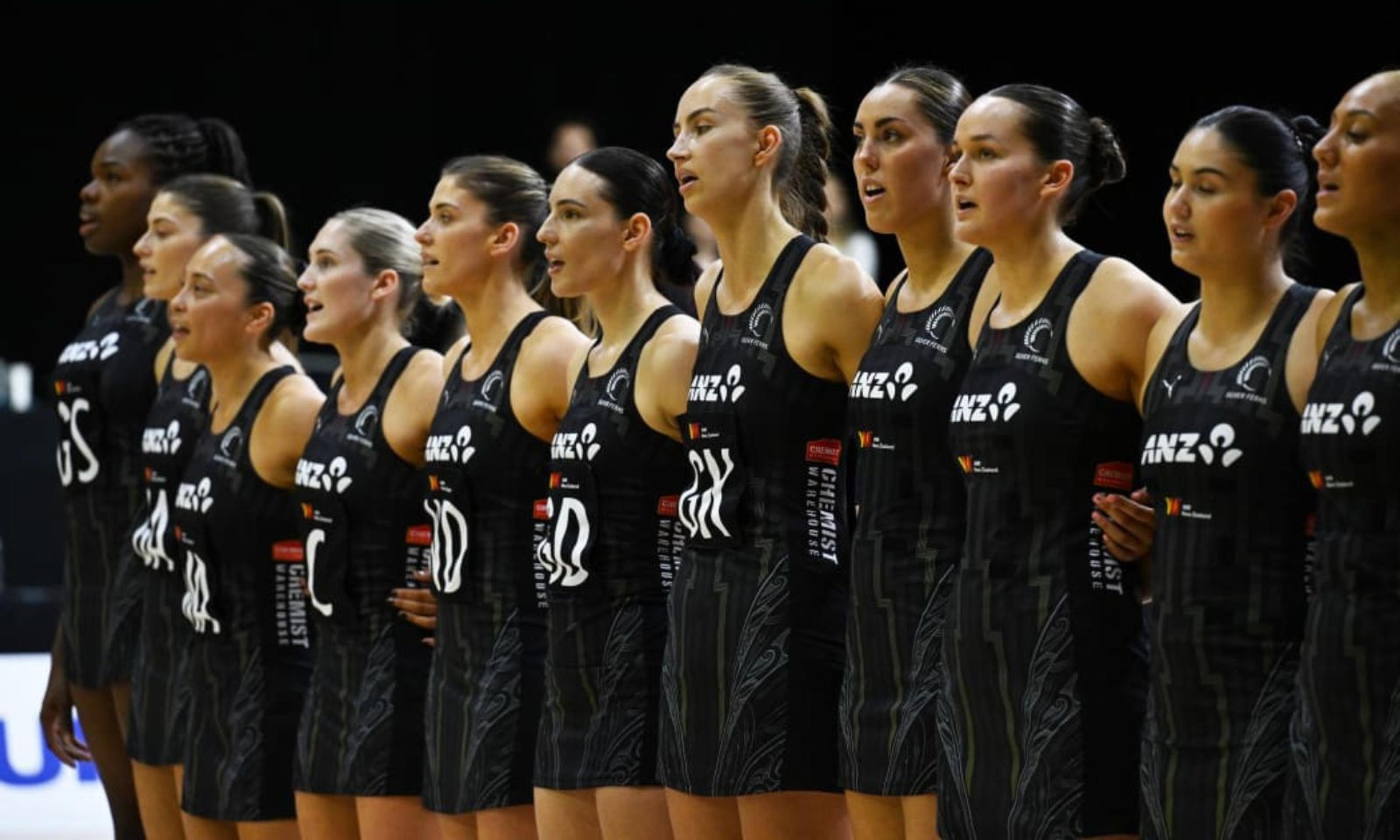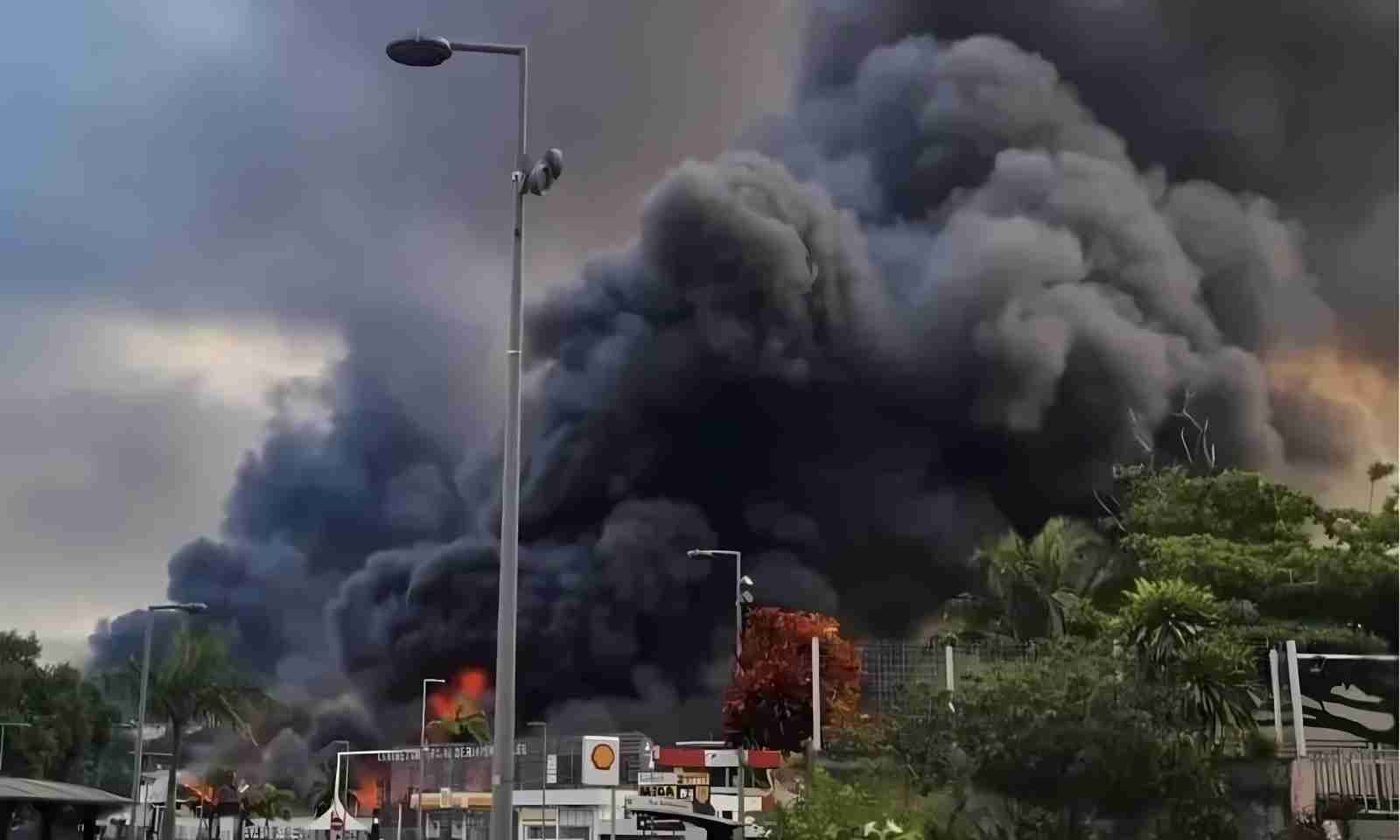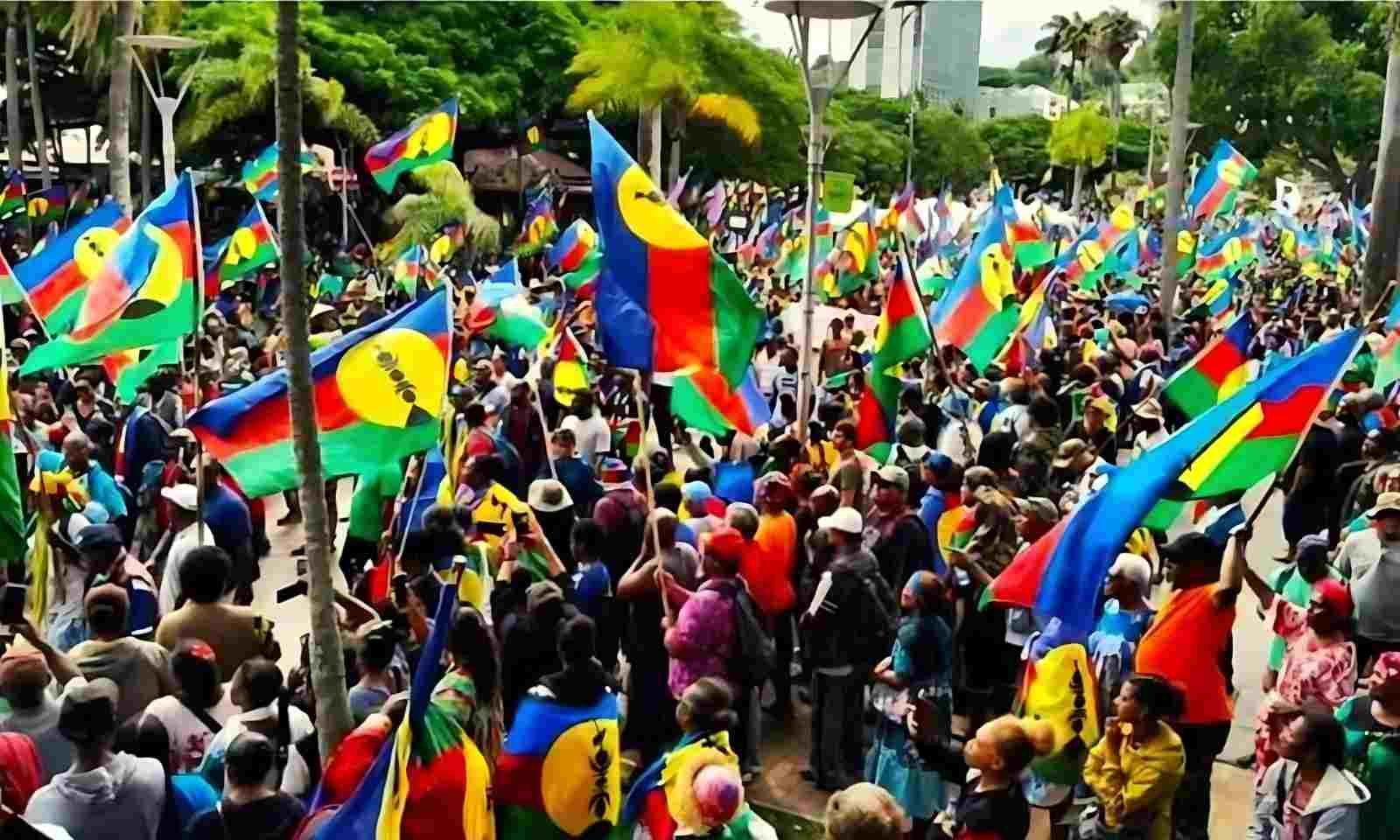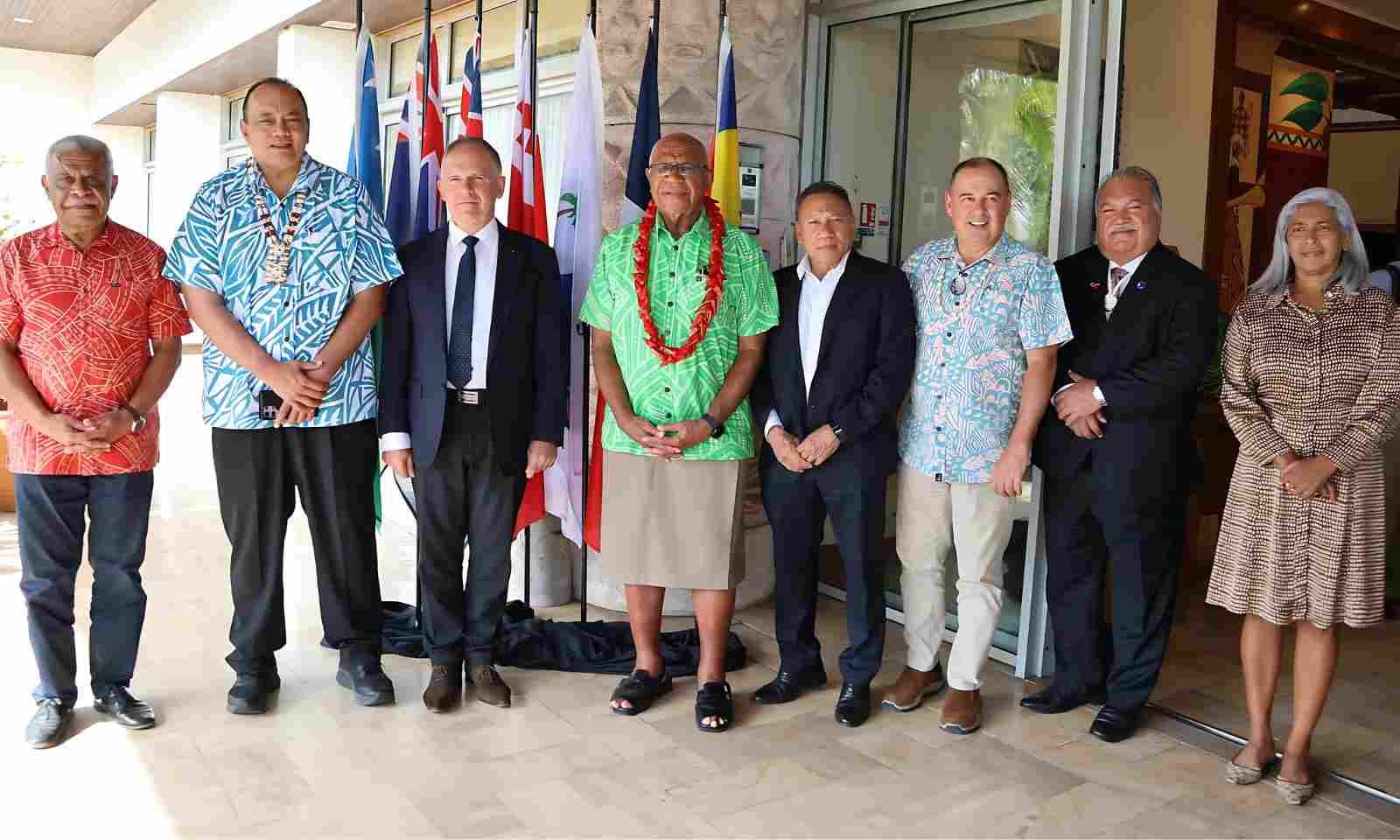

New Caledonia’s FLNKS 44th Congress leaders meet last weekend.
Photo/RRB
New Caledonia: Pro-independence groups eye talks with France
FLNKS 44th Congress has declared its intention to negotiate full sovereignty with the government in Paris, but under specific conditions.


US funding cuts threaten to 'dry up' future of Pacific scientists - expert


Immigration reassesses toddler's declined visa request as Children's Commissioner steps in

Inked across lands: How Pacific tattoo art is thriving in Germany

US funding cuts threaten to 'dry up' future of Pacific scientists - expert


Immigration reassesses toddler's declined visa request as Children's Commissioner steps in
A congress held by New Caledonia's pro-independence Kanak and Socialist National Liberation Front, or FLNKS, has declared its aim to negotiate full sovereignty for the French Pacific territory with Paris, but under specific conditions.
The FLNKS, during its 44th Congress last weekend, brought together pro-independence groups, including the Union Calédonienne (UC), but excluded two key founding members - the Progressist Union in Melanesia (UPM) and the Party of Kanak Liberation or PALIKA - due to disagreements over recent leadership and strategy.
The meeting came in the wake of nearly a year of political instability in the capital, Noumēa, after deadly riots erupted in May, which brought the country to a standstill.
David Small from the Kanaki Aotearoa Solidarity Group says one key issue is the rising tensions within the independence movement.
"They've really been brewing," he told William Terite on Pacific Mornings. "I suppose, since about a year ago, a bit longer than a year ago, after Macron came to New Caledonia in July 2023 and effectively announced that independence is now off the table because of the whole referendum story that people will be familiar with.
"A group was formed called the CCAT, the sort of like the on-the-ground-action committees. It was a loose network of people who started organising all of these protests against that.
"The first one was on December the 5th, 2023, incidentally, the same day as the first big Te Pāti Māori demonstration against this coalition government for their policies on the treaty.
"And those demonstrations became bigger and bigger and more and more vocal and pronounced, but thoroughly peaceful. They were big sort of family events and all the rest of it.
"But when France took no notice of the protests and moved to effectively cement the position that Macron had announced and end the whole prospect of independence, the whole place ignited."
On 13 May 2024, riots erupted between pro-independence supporters and police, resulting in at least 14 fatalities, over 200 injuries, and thousands more displaced.
The government estimated that rebuilding the city and reviving the economy would cost over 2 billion euros (NZ$3.7b).
Small said the CCAT was blamed for planning the protests, and "sometime later, a lot of their leaders were rounded up, arrested, and taken to France.
"They weren't personally accused of doing any burning or anything, but they were accused of basically organising it. And the young people there sort of think France took one step too far, and the whole thing exploded.
"CCAT's creation was with the FLNKs, but mostly with this one party in the FLNKS, the Union Caledonian, which is the biggest party, the oldest party and has kind of conservative roots as well, quite moderate roots.

Noumēa unrest last May. Photo/Supplied
"The other parties, particularly the Palika, its roots were in the radicals of the 1960s and 70s."
Small likened the pro-independence situation in New Caledonia to Ngā Tamatoa in Aotearoa, who took a much more radical stance on self-rule.
He said they were the first groups to call for independence, so tensions have existed over decades between the bigger old conservative party and the more radical young party.
In Paris, Macron faces intense scrutiny from his domestic opponents, raising questions about his leadership.
Following the unrest in New Caledonia, Macron dissolved Parliament and called for fresh elections, which did not go his way. The ruling party finished in third place.

Pro-independence supporters rally in Noumēa. Photo/file
Macron is now calling for another roundtable discussion with pro-independence supporters and their rivals - similar to the 1988 Matignon Accord.
But the FLNKS officials say they are not in a rush and insist on arguing their case for independence as part of a colonial situation.
They wish to prioritise discussions with Paris, insisting that "any future talks take place with UN involvement and take place in Kanaki and not in France, and happen on a timeframe that is not just in the never-never and that their president be allowed to participate in these talks."
On 7 January, New Caledonia's Congress elected its 18th government and appointed five new Cabinet members.
Alcide Ponga, a pro-France politician, was elected as the country's new President, replacing Louis Mapou. Ponga, 49, is also the first indigenous Kanak president of the pro-France party Le Rassemblement-Les Républicains (LR).
During Mapou's tenure, he faced several challenges including the Covid-19 crisis, the near collapse of New Caledonia's nickel sector and, more recently, the May riots and their social and economic consequences.
On 23 January, the French Senate approved an extended credit line of up to one billion euros (NZ$1.8b) for New Caledonia.
The funding is part of France's appropriation bill for 2025 and includes a credit line of up to 500 million Euros (NZ$921.7m).
These funds will be provided as loans through the French Development Bank (Agence Française de Développement, AFD) to support the economic and social recovery of the French Pacific territory following the riots.
The bill is scheduled to be voted on by the National Assembly, the other house of the French parliament, during the first week of February 2025 before it is fully enacted.

A delegation from the Pacific Islands Forum completed a fact-finding mission to New Caledonia in October. Photo/PIF